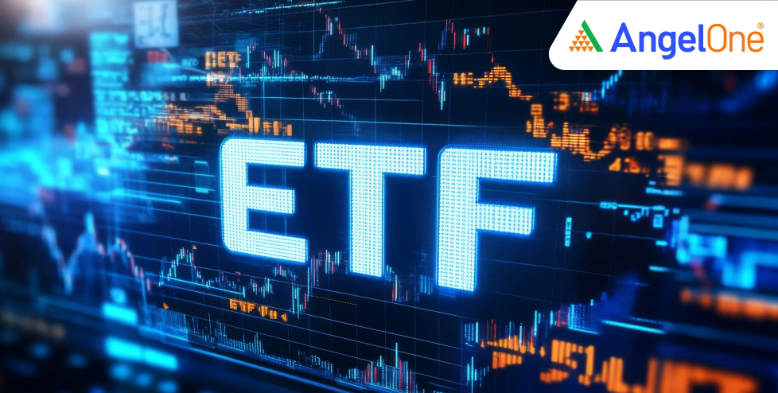
Debt Exchange-Traded Funds (ETFs) are investment products that track debt instruments such as government securities, corporate bonds, or money market instruments. They are designed to provide investors with exposure to fixed-income assets in a transparent and cost-effective manner. Check the best debt ETFs in August 2025, based on the 5yr CAGR.
| Name | Market Cap (₹ in crore) | 5Y CAGR (%) | 1Y Return (%) |
| BHARAT Bond ETF-April 2030-Growth | 6,636.67 | 6.75 | 9.79 |
| BHARAT Bond ETF-April 2031-Growth | 0 | 6.56 | 9.82 |
| LIC MF Nifty 8-13 yr G-Sec ETF | 96.08 | 5.64 | 8.83 |
| Nippon IN ETF Nifty 8-13 yr G-Sec Long Term Gilt | 12.59 | 5.54 | 8.57 |
| SBI Nifty 10 yr Benchmark G-Sec ETF | 28.39 | 5.09 | 8.58 |
Note: The best debt ETFs mentioned above are sorted based on the 5y CAGR as of August 19, 2025.
An open-ended target maturity Exchange Traded Fund that invests in AAA-rated public sector bonds, maturing in April 2030. It seeks to provide predictable returns through government-backed debt.
Key Metrics
A debt-based Exchange Traded Fund investing in AAA-rated bonds from government-owned entities with maturity aligned to April 2031. NIFTY BHARAT Bond Index - April 2031 is the benchmark.
Key Metrics
An ETF that tracks the Nifty 8-13 year G-Sec Index, offering exposure to sovereign securities in the medium-to-long duration category.
Key Metrics
This ETF mirrors the Nifty 8-13 year G-Sec Index by investing in long-term government securities.
Key Metrics
Also Read: Best Gold ETFs in India in August 2025 Based on 5yr CAGR!
Debt ETFs can be an option for investors looking to access fixed-income securities in a cost-efficient and transparent way. Depending on their financial goals and risk tolerance, investors may include these ETFs in a diversified portfolio to balance returns, manage risk, and gain exposure to the stability of debt instruments.
Ready to watch your savings grow? Try our SIP Calculator today and unlock the potential of disciplined investing. Perfect for planning your financial future. Start now!
Disclaimer: This blog has been written exclusively for educational purposes. The securities mentioned are only examples and not recommendations. This does not constitute a personal recommendation/investment advice. It does not aim to influence any individual or entity to make investment decisions. Recipients should conduct their own research and assessments to form an independent opinion about investment decisions.
Mutual Fund investments are subject to market risks, read all scheme-related documents carefully.
Published on: Aug 19, 2025, 2:17 PM IST

Nikitha Devi
Nikitha is a content creator with 7+ years of experience in the financial domain. Specialising in personal finance, investments, and market insights, Nikitha simplifies complex financial topics, making them accessible to readers.
Know MoreWe're Live on WhatsApp! Join our channel for market insights & updates
